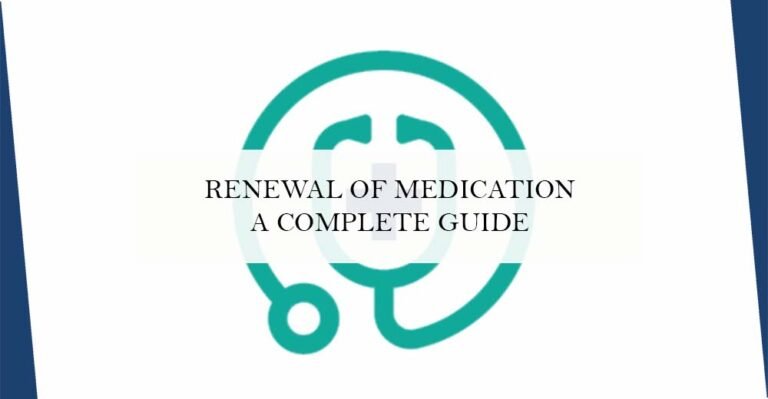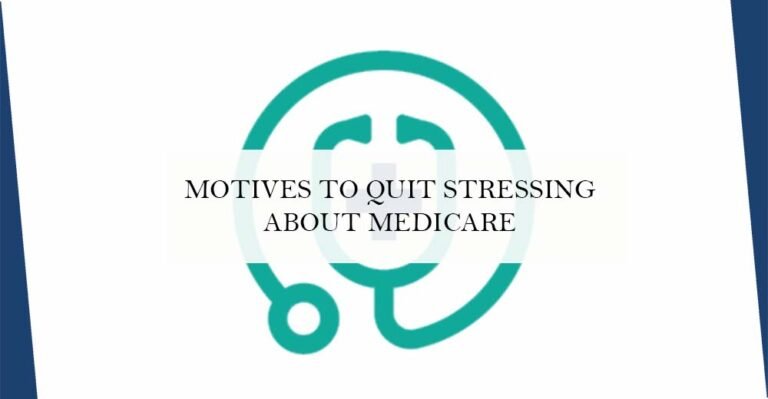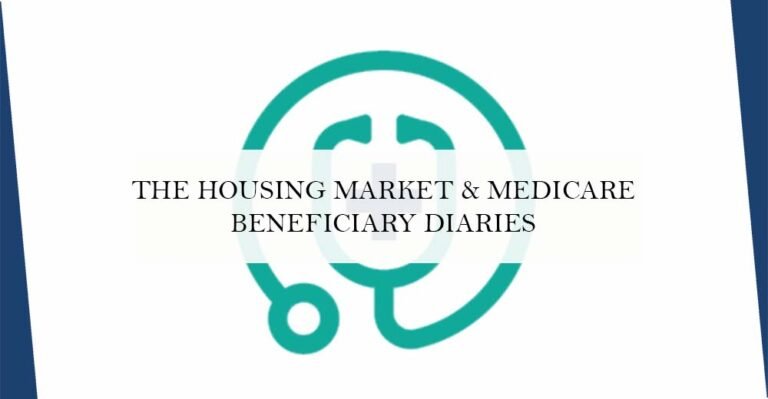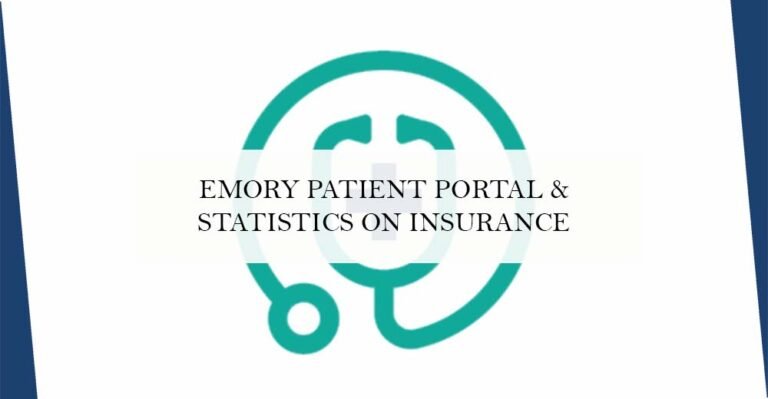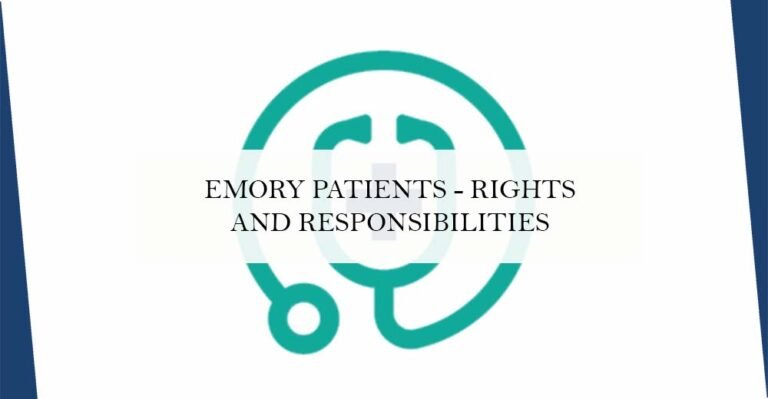Ins and Outs of the Social Security Disabilities Program
People who are disabled and are unable to find employment might get financial support from the government via Social Security. It’s easy to see how this tool may be crucial to the well-being of its users. In this primer, we’ll explain all about social security disabilities program and answer the most frequently asked questions.
An Overview of the Social Security
People who were employed in the US may receive disability, retirement, and survivorship benefits via the government’s system known as Social Security. When they have been employed for sufficient time and earned Social Security taxes, individuals who have disabilities may be qualified for Social Security expenditures.
You may still begin your Social Security claims if you are under 50 years old by doing an assessment of yourself. This will enable you to decide your suitability for benefits. If you are fifty years of age or older, you may do an advantage estimate to see the amount of cash you could be eligible to receive.

How exactly does Social Security work?
In the USA, Social Security is a pension and supplemental insurance scheme that helps those who are retiring or out of work financially. Your eligibility for advantages from Social Security depends on your earnings, your employment record, and your tax payments. Benefits such as retirement pay, disability coverage, and death benefits are all part of the program.
To get Social Security benefits, you should pay into the program at least four percent of your salary while you employed for a minimum of ten years in the United States. If you, or your partner or dependent child, are receiving income from a disability, you may also be eligible for benefits. You need to be at least 65 years old at the time of your death or resignation to get all of the advantages. You may contact Social Security at 1-800-772-1213 or learn more by visiting their website.
What privileges are available to me within Social Security as a disabled person?
It’s important to remember a few facts about the Social Security system and disabled persons. To begin, one need not be disabled in order to qualify for Social Security payments. Second, having a handicap when applying for benefits may entitle you to additional benefits that aren’t offered to the general population. Third, you could experience a reduction in the benefits you receive if you fail to achieve specific job or income thresholds. Fourth, after turning 65, you may enroll in Medicare. Fifth, if you are having trouble making ends meet and are receiving Social Security disability payments, you may be eligible for additional safeguards. You can go to the Social Security site or call (800) 772-1213.
Related article: Federally Qualified Health Center (FQHC)
How does Social Security Disabilities Program help those who are disabled?
There is a section of the SSA’s website dedicated to explaining those with disabilities how to get their Social Security payments. Information on the scheme, how to submit an application for advantages, benefit calculations, and taxation of income from disabilities are all available on the site. There’s also information on the site on how disabled individuals may save for retirement. The webpage contains data pertaining to the following topics:
- Consistent means of support and financial safety
- How your earnings and assets affect your eligibility for assistance.
- Benefits applications and procedures.
- Benefits methodology.
- Planning for pension when you have a disability.
How can I raise the likelihood that I’ll be eligible for Social Security advantages?
If you happen to have a handicap, there are certain belongings that you might do to improve your likelihood of getting Social Security advantages. Initially, be sure to submit all applications as soon as you can. The sooner you submit, the more credible it is that you will be accepted for compensation. Verify that all of your paperwork is correct and current second. Get photocopies of all of your health records and assessments if you can and save them safely. Last but not least, persist regardless of whether you don’t believe you have a possibility of being authorized for benefits. Small adjustments can lead to significant gains in benefits.
Promotion of Inclusion & Well-Being
- Disabled people’s access to mainstream society is greatly aided by Social Security programs for those with impairments. These initiatives allow people to have the means to live independently, contribute to their neighborhoods, and pursue meaningful lives. In addition, these initiatives benefit society at large:
- Many people with disabilities are able to live on their own. providingtheir respective families,
- and pursue employment to the best of their ability with the help of Social Security’s financial and medical benefits.
- People who have impairments are far less likely to live in poverty because to Social Security’s poverty-alleviating benefits. It guarantees that they will have enough money to meet their fundamental necessities. keeping up a decent level of life.
- Improving Health Outcomes: Individuals with disabilities who have a right to access the medical care via Social Security. they are in better health and better able to handle their problems.
- Social Security’s “encouraging contributions” feature helps persons with disabilities feel like they belong in the community.
- while also decreasing their reliance on government handouts.
The Importance of Recognizing the Effects of Disabilities
Impairments to one’s physical, mental, intellectual, sensory, or emotional well-being all qualify as disabilities. A person’s employment prospects, independence, and their access to basic services may all suffer as a consequence of these problems. Many people with disabilities are unable to fully contribute in society, leaving them at risk for financial hardship.
Problems and Future Advances
Social Security programs for the disabled have made great steps in bettering the conditions of afflicted. but there are still obstacles to be overcome. Problems with administration, qualification, and resource availability are all possible. There must also be persistent work to remove prejudice and stigma towards those who are disabled.
Conclusion
Plenty of Americans rely on Social Security, but those who are disabled often rely on it much more. To conclude, a society that provides Social Security welfares to persons who are disabled is a more caring. These initiatives not only offer monetary aid, but also chances for personal development, self-sufficiency, and full integration into society.


